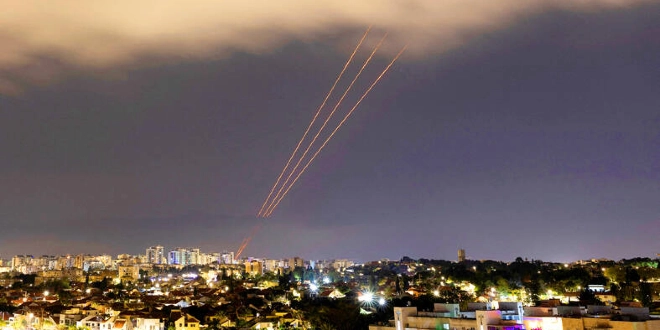Security analysts are almost certain that Israel will retaliate against Iran’s unprecedented drone and missile attack, though the timing and manner remain speculative. The world, especially the United States, has urged Israel to remain calm amid heightened regional tensions due to the ongoing Gaza conflict.
Several experts predict inevitable Israeli retaliation due to the long-standing shadow war with Iran, highlighted by assassinations, strikes, and sabotage often conducted through proxies. Iran’s recent direct assault was seen as an escalation that necessitated a response, especially since it was framed as retaliation for an alleged Israeli strike on an Iranian consulate in Damascus, which killed several Iranian officials.
Security consultant Stephane Audrand suggested that Israel’s response, while inevitable, would likely be measured to avoid escalation, targeting military rather than civilian sites to minimize broader conflict risks. Sima Shine, a former Mossad agent, echoed this sentiment, suggesting that any retaliation would focus on military targets to maintain the conflict within controlled limits.
Menahem Merhavy, an Iran specialist, noted that the attack appeared designed to avoid significant Israeli casualties, which might suggest an Iranian attempt to prevent a severe retaliatory strike that could endanger its nuclear program.
Experts also noted the political implications for Israeli Prime Minister Benjamin Netanyahu, who leads a fragile government and cannot appear weak, especially given his longstanding assertions about the Iranian nuclear threat.
The broader risks of escalation were a concern, with possibilities of a regional war that could complicate Israel’s current military engagements in Gaza and strain relations with the U.S. under President Joe Biden’s administration.
The involvement of Israel’s allies in defending against the attack was unprecedented and demonstrated that while Israel was not alone, it could not act without considering broader international implications and especially U.S. positions.
Overall, the situation remains tense, with potential for escalation depending on Israel’s response strategy, which must balance immediate security needs with long-term regional and international dynamics.


